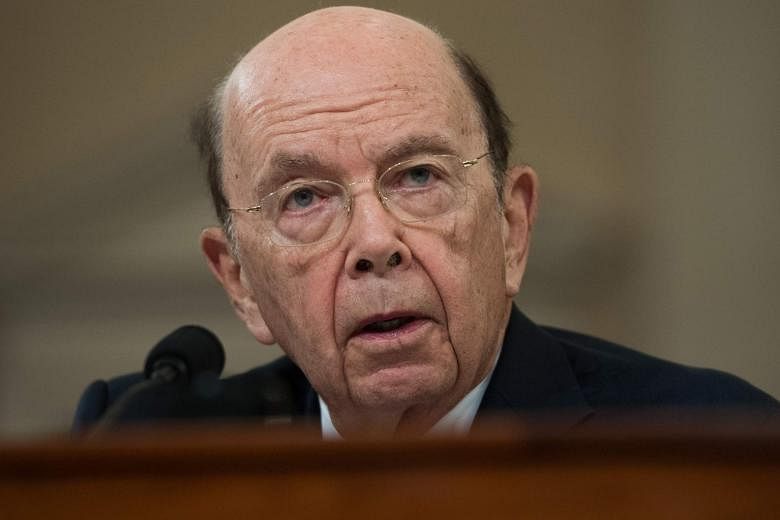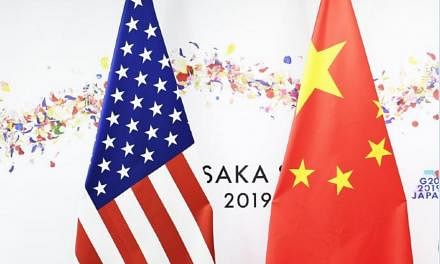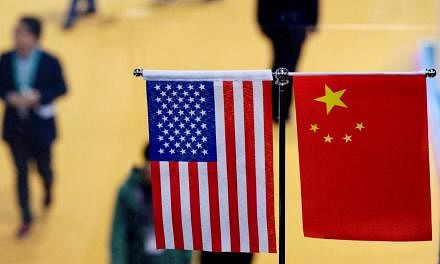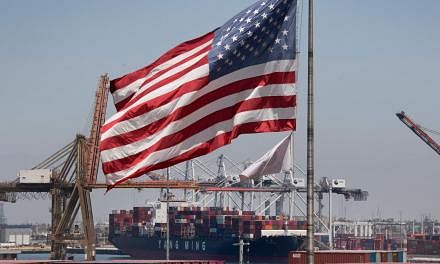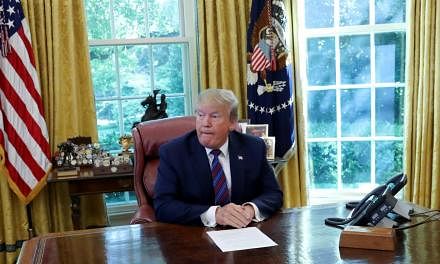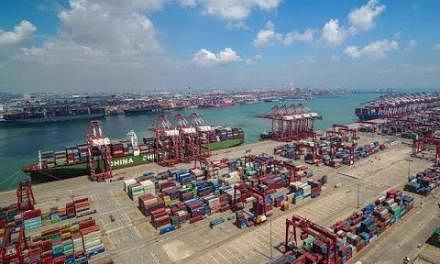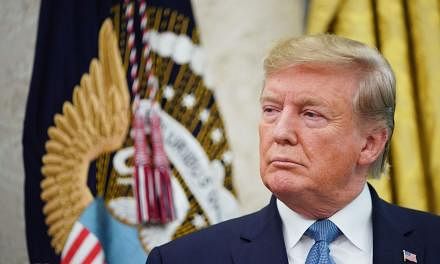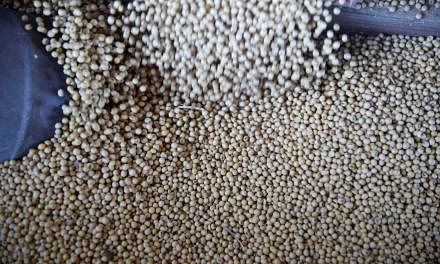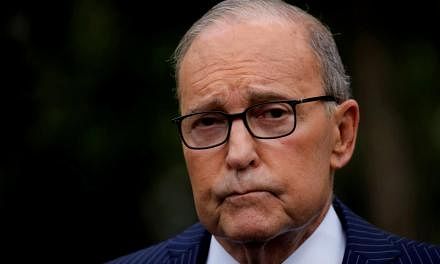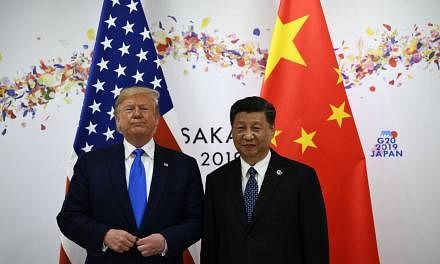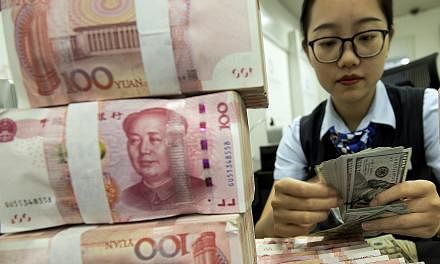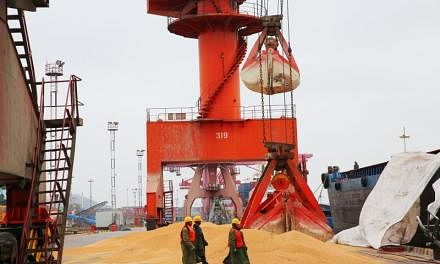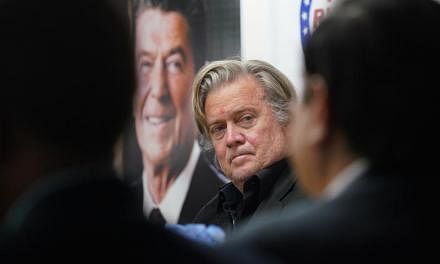SHANGHAI (NYTIMES) - China has announced that it would cut tariffs sharply on July 1 for an eclectic array of imported goods, the latest in a series of moves by Beijing to dismantle steep trade barriers at a time of rising frictions with the United States.
The tariff cuts came less than two days before Commerce Secretary Wilbur Ross is due in Beijing for wide-ranging talks aimed at addressing US frustrations with China's US$375 billion (S$502 billion) bilateral trade surplus with the United States.
But the categories the Chinese Finance Ministry selected for tariff cuts cover few US goods and appeared to be targeted at China's goal of developing sophisticated industries rather than low-value mass manufacturing.
The moves came as China and the United States, the world's two biggest economies, continued their wide-ranging economic and diplomatic sparring. The countries have alternated between attacking each other over trade issues and working together on efforts to rid North Korea of its nuclear weapons.
At times, President Donald Trump has praised his Chinese counterpart Xi Jinping; at other times he has swiftly criticised Beijing for its trade practices, sometimes in quick succession.
In its latest action, announced on Thursday (May 31) evening, China is making a modest peace offering, without really giving up much.
Some of the 1,449 categories of goods slated for tariff cuts involve food products from other countries, such as fish, olives and grilled seaweed. Other categories include low-value manufactured goods like handbags and certain inexpensive garments, typically made in factories that have already been shifting from China to lower-wage competitors like Bangladesh, Ethiopia, India and Vietnam.
Chinese workers' wages have soared over the past 15 years and Beijing is engaged in a broad effort to steer the economy towards high-wage industries like semiconductors and away from factories making garments and handbags.
"The goods seeing cuts are not relevant to trade with the US," said Mr Derek Scissors, a trade specialist at the American Enterprise Institute, a Washington think tank. "For China, it fits the goal of moving up the value chain - heavy subsidies for semiconductors and now less protection for textiles and consumer appliances."
Mr Christopher Rogers, a trade analyst at Panjiva, an international commerce data firm recently acquired by S&P Global Market Intelligence, estimated that the tariff cuts would cover about 1.1 per cent of China's US$1.95 trillion in annual imports.
"The cuts are more to do with keeping a lid on inflation and improving consumer spending power than to do with keeping President Trump happy," he said.
The Chinese move could nonetheless have political benefits for Beijing.
China is energetically trying to rally other governments to its side in its trade showdown with the United States. Beijing's latest move could assuage concerns from many European countries and developing nations about their own trade deficits with China as well as the loss of manufacturing jobs.
At the same time, trade ministers elsewhere have been deeply troubled by the Trump administration's moves to impose tariffs on steel and aluminium imported from around the world.
The announcement came just before Mr Ross announced in Washington that the United States would begin imposing tariffs on steel and aluminium from Canada, Mexico and the European Union at midnight on Thursday.
Mr Trump had issued a statement on Tuesday threatening further tariffs on Chinese goods and contending that China's average tariff on imports was more than three times as high as that of in the United States, an assertion supported by World Trade Organisation data. And China's tariff average is nearly double that of the European Union.
But by cutting tariffs in more than 1,000 lightly traded categories, China could end up reducing its average tariff considerably without actually running the risk of a big surge in imports.
The announcement in Beijing on Thursday evening followed a recent decision by China to cut its tariff on imported cars to 15 per cent from 25 per cent. Mr Trump also criticised the Chinese car tariff on Tuesday, noting that the US tariff on imported cars was just 2.5 per cent.
President Xi had called during a speech in April for reductions in Chinese tariffs on imported cars and some consumer goods, as part of Beijing's long-term policy of gradually opening to international competition.
